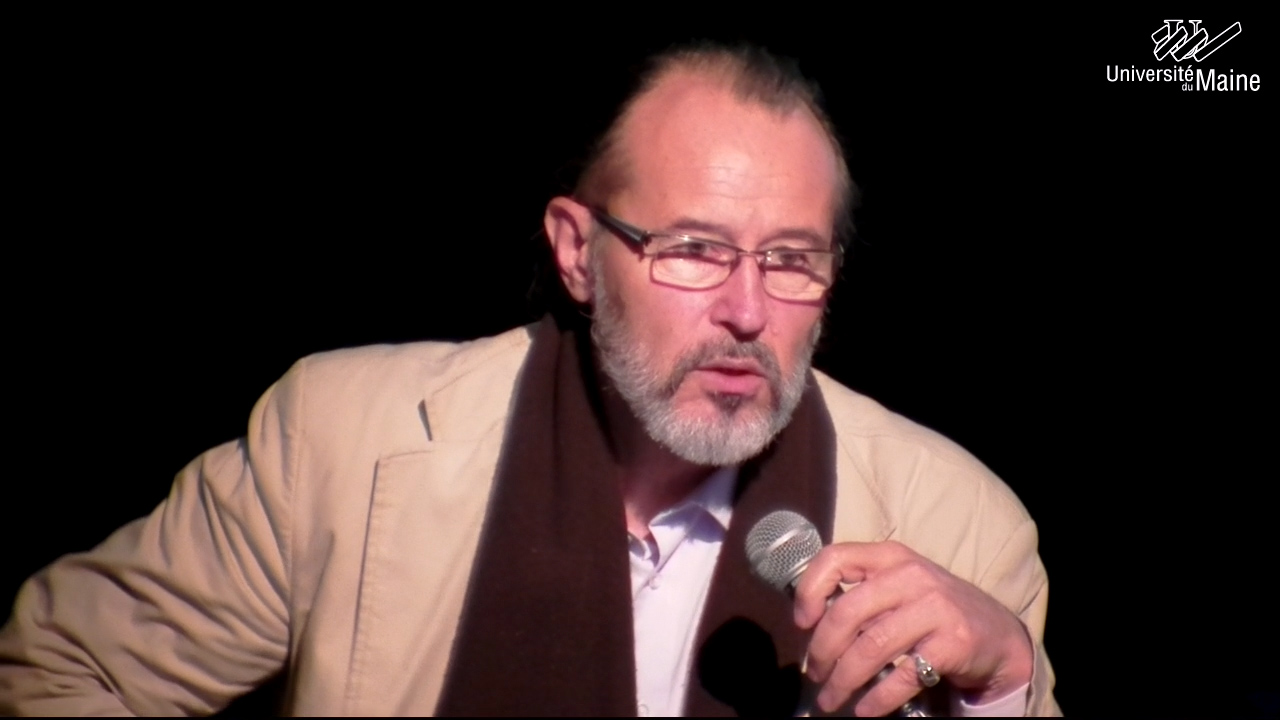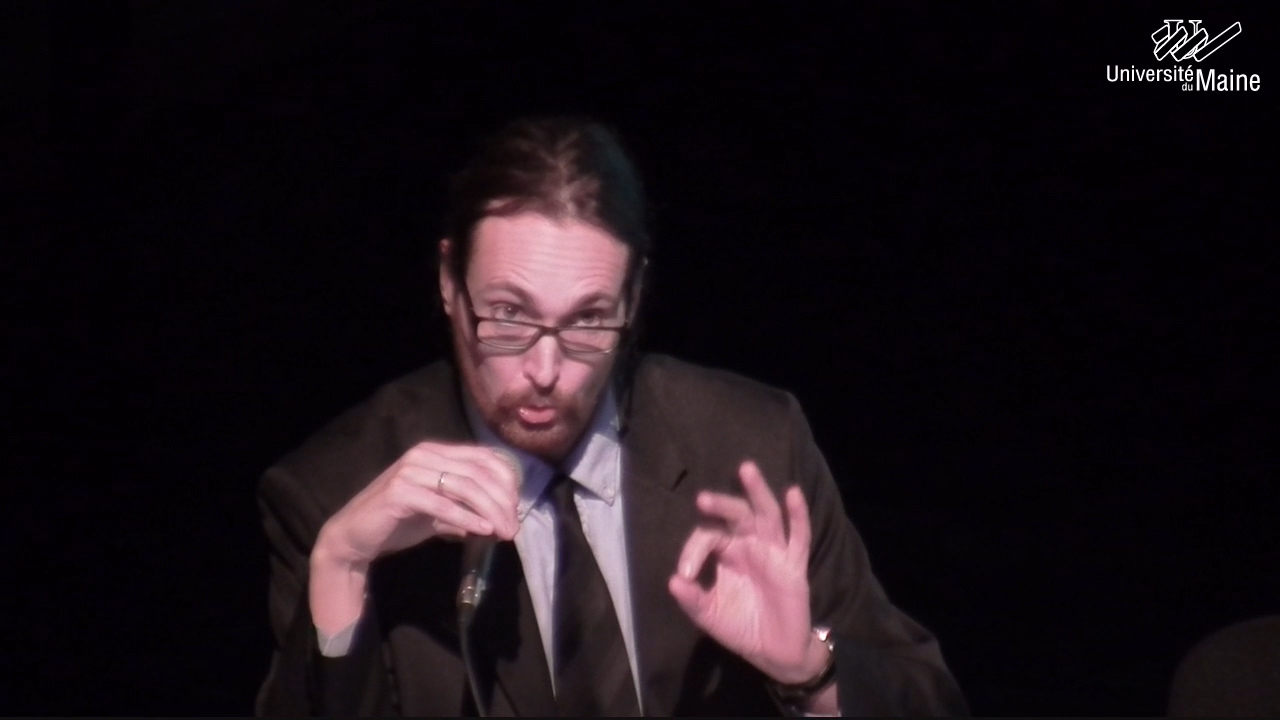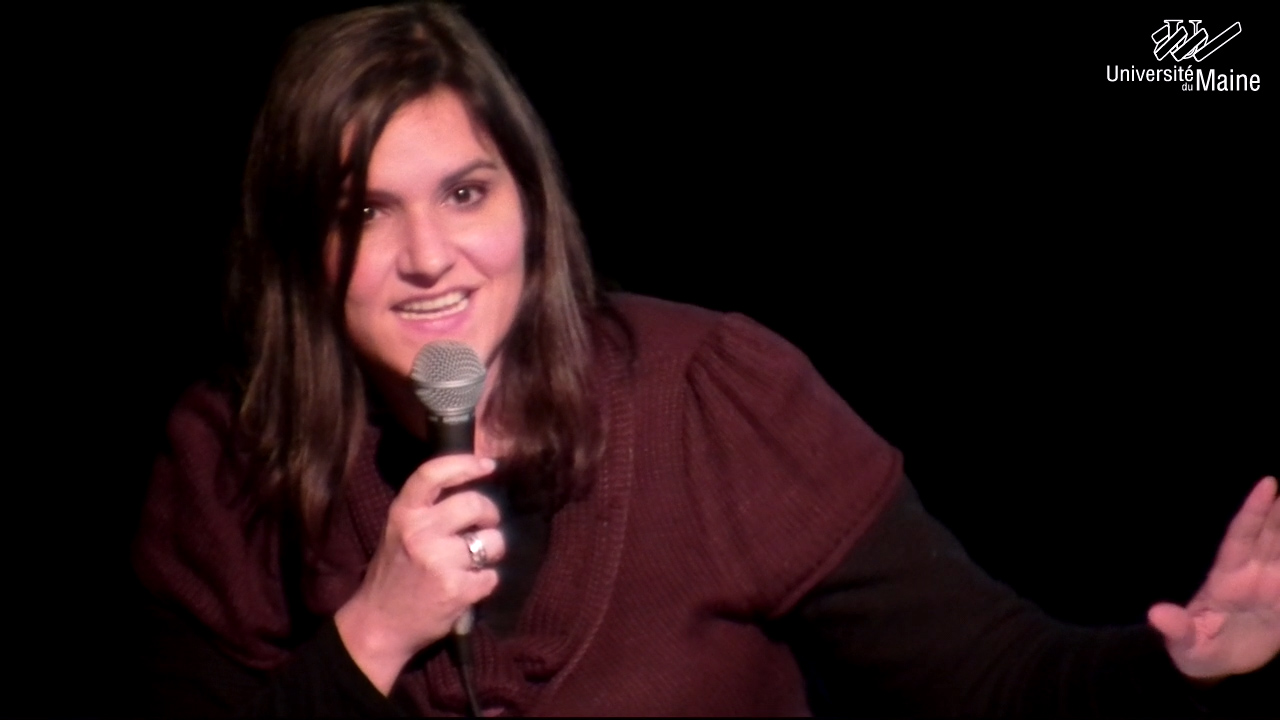Notice
La Grande Guerre dans la bande dessinée contemporaine (2008-2014)
- document 1 document 2 document 3
- niveau 1 niveau 2 niveau 3
Descriptif
La Grande Guerre dans la bandedessinée contemporaine (2008-2014). De la mort du dernier Poilu auxcommémorations du Centenaire
Depuis la disparition du dernier poilu français Lazare Ponticelli,la production de bandes dessinées faisant référence à la Grande Guerre n’acessé de croître dans une sorte d’urgence mémorielle. De mars 2008 à mai 2016 est paruela moitié des albums traitant de la Première Guerre mondiale publiés depuis1914.
Cetteétude dresse un catalogue des principales approches et thématiques abordées parles auteurs contemporains. Ceux-ci, à la suite du pionnier Tardi, privilégientla guerre à la guerre et la victimisation du combattant, certains d’entre euxn’hésitant pas à évacuer toute trace d’ennemi dans leurs récits.
Lesannexes de cette étude rappellent combien les approches des albums traitant dela Première Guerre mondiale depuis un siècle ont évolué en fonction des enjeux,du public et d’un engouement relativement récent pour le média bande dessinée.
Cetteanalyse nous amène également à nuancer cette impression de frénésie éditorialequi semble avoir gagné la bande dessinée depuis la mort du dernier poilu.
TheGreat War in contemporary comic book (2008-2014). From the death of the last“Poilu” to the commemorations of the Centennial commemorations
Since the last French soldier of theFirst World War, Lazare Ponticelli, died in 2008, the production of comicsreferring to that war has kept growing in a kind of memory urgency. Actually,half the albums published since 1914were published between March 2008 and May 2016.
This study draws up a catalogue of themain approaches and sets of themes dealt with by contemporary authors.Following the pioneer Tardi, they prioritize waging war against the war andvictimizing the combatant, going as far as dismissing all trace of the enemy intheir accounts.
The appendices of this study recall howmuch the approaches of the comics dealing with World War I over one centuryhave evolved according to the values of the times, the public and a relativelyrecent passion for comics.
This analysis also leads us to qualifythat feeling of publishing frenzy which seems to have spread through comics since the lastcombatant's death.
Dans la même collection
-
Table ronde - Entretien avec Jean Richardot
RichardotJeanUn entretien avec Jean Richardot, photographe indépendant, Paris (avec R. Bouchet) Un « voyage initiatique » en Argonne en 1994 est à l’origine du travail photographique mené par Jean Richardot
-
Table ronde - Entretien avec François Mayu
MayuFrançoisUn entretien avec François Mayu, sculpteur et peintre, Paris (avec R. Bouchet) Depuis le début des années 2000, le plasticien François Mayu parcourt l’ancien théâtre d’opération du Chemin des
-
La photographie mobilisée, 1914-1918.
LafonAlexandreLa photographie mobilisée, 1914-1918 Á la veille de la Première Guerre mondiale, la photographie connaît une certaine démocratisation comme pratique privée et comme support de communication
-
Les guerres mondiales dans l’œuvre de Pierre Bouchaud
DavyChristianLes guerres mondiales dans l’œuvre de Pierre Bouchaud Comme nombre de ses contemporains, l’abbé Pierre Bouchaud, peintre et fresquiste, a été marqué par les deux guerres mondiales du XXe siècle.
-
Les mémoires du camouflage dans l'art contemporain
BouchetRenaud StéphaneMémoires du camouflage de la Grande Guerre dans l’art contemporain Le camouflage matériel appliqué durant la Grande Guerre est apparu comme une nécessité immédiate s’appliquant en contexte
-
Représenter la mort d'un fils : l'expression d'un deuil de guerre dans les vitraux du maître-verrie…
TisonStéphaneTombeau de lumière. Le deuil de guerre du maître-verrier Albert Echivard (1914-1939) En 1914, Albert Échivard est un maître-verrier de renommée nationale qui a contribué à la renaissance de la
-
La Première Guerre mondiale dans la bande dessinée et l'album contemporains pour la jeunesse
LaroqueLydieLa première guerre mondiale dans la bande dessinée et l'album contemporains pour la jeunesse Longtemps supplanté par la Seconde Guerre mondiale dans l’édition pour la jeunesse, le conflit de
-
Présentation de l'argumentaire de la journée d'études consacrée aux représentations de la grande gu…
BouchetRenaud StéphanePrésentation de l'argumentaire de la journée d'études
-
Une œuvre d'art totale au service de la propagande française ? Le "Panorama des crimes allemands" (…
AguilarAnne-SophieDe la représentation à la recréation : l’expérience immersive du Panorama de la guerre (1916)
-












